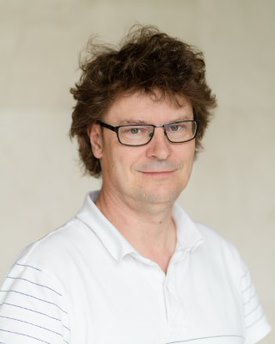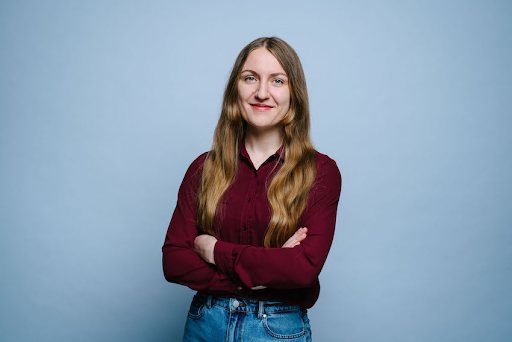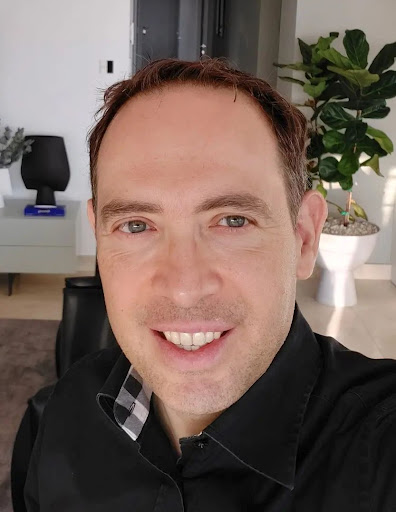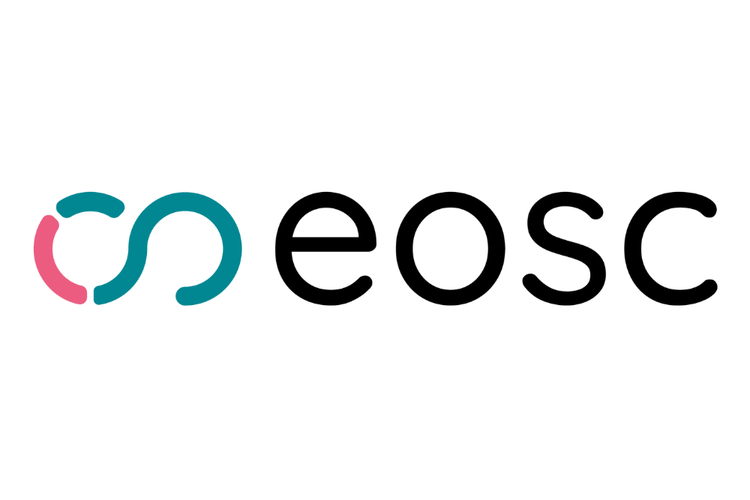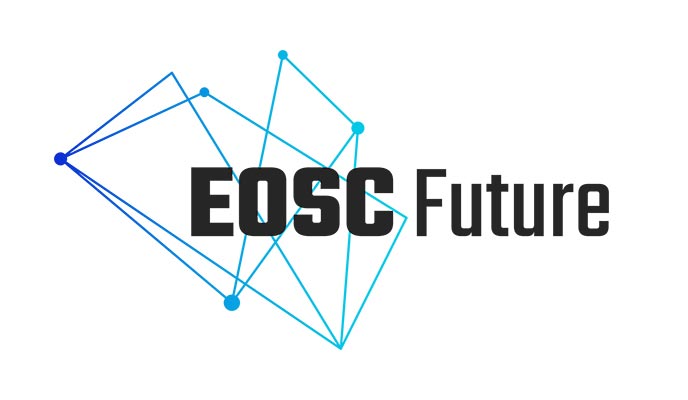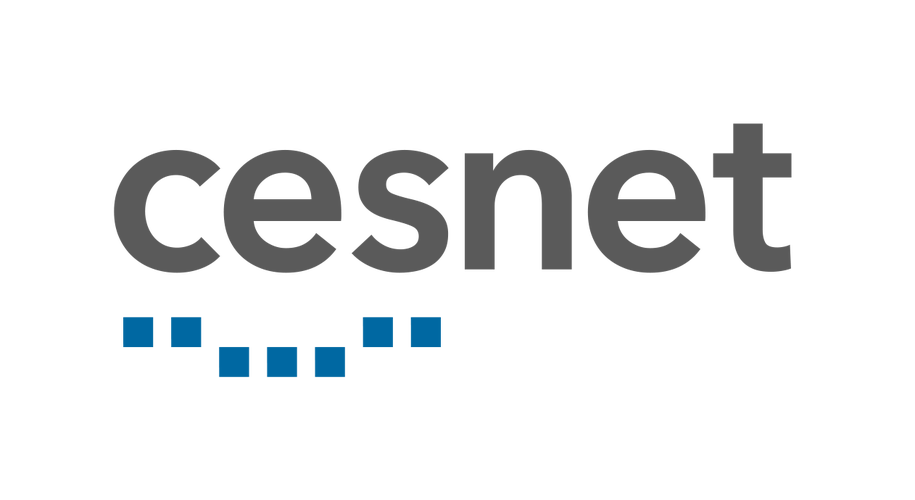Engagement of research communities and service providers in EOSC
About the session
The growth of the EOSC ecosystem relies on numerous engagement or onboarding channels – and synergies between them. A shared understanding of these different “stakeholder journeys” will make it easier to identify optimal approaches and strategies when bringing new research communities, resource providers, or policy makers in contact with EOSC. This session will use case studies to examine opportunities, requirements, barriers, and challenges encountered by a wide range of established and emerging EOSC stakeholders, including those of varied degrees of engagement.
Relevance for EOSC
Presentations will put forward their experiences such as barriers and challenges in engaging with EOSC, and will draw out the overlapping requirements for engaging their communities.
Take-away’s for the session will be: What are the drivers for engagement? What are good examples? Is it working? Any gaps and challenges? Where shall we go next.
Agenda
| Timing | Topic | Speakers |
| 16:00 | Welcome and scene setting | Najla Rettberg (RDA Europe) |
| 16:05 | Engaging underrepresented communities in EOSC | Marek Cebecauer (J. heyrovsky Institute of Physical Chemistry of the Czech Academy of Sciences in Prague) |
| 16:15 | Engaging research communities via RDA Open Calls | Beth Knazook (Digital Repository of Ireland) |
| 16:25 | Engaging data repositories in EOSC | Nina Weisweiler (Helmholtz Association) |
| 16:45 | Engaging national e-infrastructures in EOSC | Giulia Malaguarnera (OpenAIRE) |
| 16:55 | The e-IRG White Paper 2022 | Fotis Karayannis (Innovs-Acts Ltd) |
| 17:05 | Case studies and use cases to effectively demonstrate value and engage stakeholders in requirements gathering for developing services | Peter Maccallum (CTO, Elixir) |
| 17:15 | Open Discussion | |
| 17:30 | Close |
About the Talks
- Talk 1 Engaging underrepresented communities in EOSC, Marek Cebecauer, J. heyrovsky Institute of Physical Chemistry of the Czech Academy of Sciences in Prague
Material Sciences and Engineering (MSE) belongs to underrepresented domains within the EOSC ecosystem. Truly, a grand majority of MSE researchers are better trained in technologies producing amazing data than in data management. However, several recent activitiesled to the establishment of standards, models, ontologies and other RDM tools for this community. This information is unfortunately scattered in diverse places (websites) and there is a need to interlink activities under the umbrella of one or very few organizations. It is also important to intensively communicate this information to the bench scientists. I will present an overview of the existing and under-construction RDM tools for the MSE domain, and draft plans on how to spread this expertise within the community. Example, how Czech MSE community is engaged into the EOSC ecosystem will be provided.
- Talk 2 Engaging research communities via RDA, Beth Knazook, Digital Repository of Ireland
A short presentation will be given about the RDA Open Calls activity in EOSC Future and the first outcomes. The purpose of the calls is to engage research communities from all disciplines in aspects of EOSC, data sharing and Open Science. The varied Open Calls programme targets a range of stakeholders but specifically those who are tackling data standardisation for better visibility and sharing of data, and it aims to complement other EOSC Future outreach activities by targeting those not involved in large research infrastructures. The projects funded will serve to present a diverse picture of the different aspects that need to be in place to share research data such as interoperability, disciplinary metadata preparation and data stewardship. Impact and lessons learned will be presented.
- Talk 3 Engaging data repositories in EOSC, Nina Weisweiler, Helmholtz Association
This year, in 2022, we celebrate 10 Years of re3data, the Registry of Research Data Repositories. Repositories are key infrastructures for successful research data management. re3data is the largest directory of research data repositories, providing detailed and comprehensive information to support its users in finding the most suitable repository for their needs. The openly accessible index currently lists almost 3000 digital repositories across all scientific disciplines. The talk presents the current status and the latest accomplishments of re3data and highlights how the service contributes to the overall EOSC ecosystem, such as the EOSC Portal Marketplace, the OpenAIRE Open Science Observatory, or the B2FIND service.
- Talk 4 Engaging national e-infrastructures in EOSC, Giulia Malaguarnera
National e-Infrastructures communities are key stakeholders in EOSC Future. On 11-12 October, EOSC-Future engaged members of e-Infrastructures such as OpenAIRE, EGI, GEANT, and EUDAT to be informed on selected Key Exploitable Results (KERs). In particular, the KERs discussed were on EOSC Core, EOSC Exchange, EOSC Interoperability, the EOSC Knowledge Hub, and the EOSC Observatory. National initiatives on core and horizontal services, their interoperability, the training initiatives, and the national contribution to the EOSC Observatory had been presented and discussed during the two days. A summary of the uptake, challenges, good practices, and future steps will be covered by this talk.
Talk5 Fotis Karayannis, Innovs-Acts Ltd The e-IRG White Paper 2022 aims at contributing towards bridging the cooperation and coordination gaps across the major e-Infrastructure components, reflecting on several policy areas of cooperation (including governance, access and other policies, sustainability) and providing concrete advice and recommendations to all related stakeholders. Relevant e-Infrastructure stakeholders are GEANT, EOSC and the underlying e-Infrastructures EGI, EUDAT, OpenAIRE, as well as PRACE and EuroHPC. A questionnaire was sent to the e-Infrastructures in the summer of 2022 and the presentation will feature the outcomes of this effort, along with a short analysis and recommendations to all related stakeholders. The White Paper 2022 will be finalised in December 2022.
- Talk 6 Case studies and use cases to effectively demonstrate value and engage stakeholders in requirements gathering for developing services, Wolmar Nyberg Åkerström, Uppsala University, ELIXIR Sweden / SciLifeLab, NBIS
The premise of this talk is that case studies and use cases can be used to effectively demonstrate value and engage stakeholders in requirements gathering for developing services. The EOSC Association’s Task Force on Semantic Interoperability have drafted a procedure to capturing and exploring inspiring and representative case studies in order to provide input to the initiatives that are shaping EOSC and to provide examples and lessons learned to stakeholders across Europe. The talk will argue for building a competence network and a curated collection of resources that can be used across EOSC members, projects and task forces with examples from efforts in research infrastructures (such as ELIXIR), special interest groups (such as the RDA), EU projects (such as B1MG) and universities.
(RE)WATCH
Do you want to (re)watch the session? Take a look below.
If you want to (re)live the full Symposium? Take a look at the EOSC Portal youtube channel.
